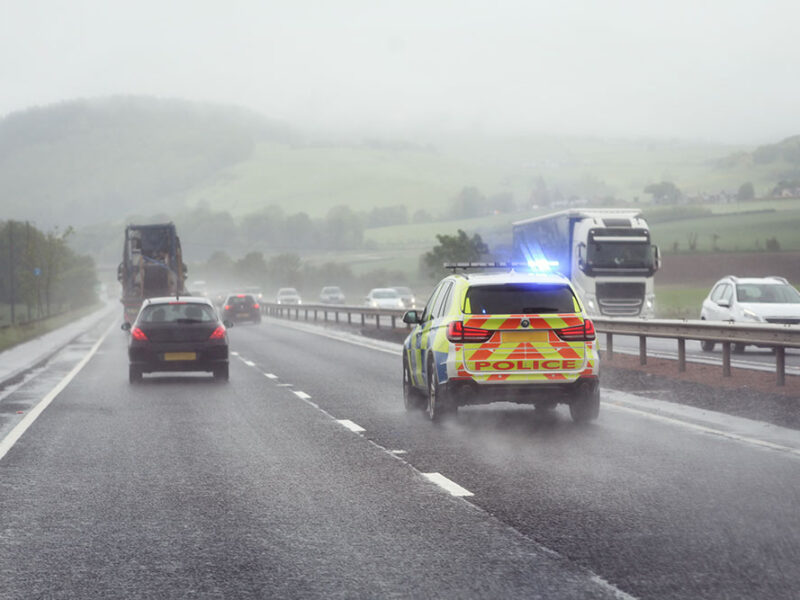There is a specific exemption within the Public Service Vehicles Accessibility Regulations (PSVAR) which applies to vehicles used in accordance with Section 19 of the Transport Act 1985; in other words, those operated under a Section 19 permit: so PSVAR does not apply in these cases.
Whether or not drivers will need Driver CPC depends upon the use to which the vehicle is being put - but it is likely that most Section 19 operations will require Driver CPC.
The DCPC regulations specifically exempt drivers from requiring CPC where a vehicle is being used "for the non-commercial carriage of passengers". Section 19 permits may only be issued where transport operations are carried out "not with a view to profit". You should not assume that these two terms are interchangeable.
By way of an example, a charitable organisation operating a transport service for disabled people and which exists without a view to profit (and therefore can operate under a Section 19 permit) might still charge a fare for the carriage of those passengers. The charging of a fare is likely to mean that this operation falls within the definition of "commercial carriage of passengers" under the CPC regulations, irrespective of the fact that a 'profit' is not being made, and so Driver CPC can be required. In short: where a passenger's right to travel is dependent upon payment (whether directly or indirectly, and whether by the passenger or on their behalf) then the journey is likely to be interpreted as being "commercial", and so will require Driver CPC.
If you need assistance with this question or any other issue regarding your organisation then please do get in contact. Click here to send an email or call 01279 818280 to speak to one of our lawyers. We are here to help.

More News and Insight

DVLA Confirms New Rules for Professional Drivers Living with Diabetes
From Friday 7th November 2025 the rules were changed to allow diabetic drivers of PSV’s and HGV’s to monitor their glucose levels using Continuous Glucose Monitoring Systems….

Carrying Your Own: Horses to Widgets? Do you Need an O Licence?
The DVSA recently released a press release about the rules for transporting horses in horse boxes and trailers following an update on the guidance about using a tachograph in the vehicle being used to transport the animals…

The Senior Traffic Commissioner’s Statutory Guidance
The value of The Statutory Guidance Documents and the importance to operators, nominated transport managers and other professionals involved in the operation and driving of large commercial vehicles cannot be overstated…

Walkaround Checks – Where Road Safety Starts
Every day, often before the sun is above the horizon, hundreds of thousands of commercial vehicles are started up by their drivers and then they head out on to the UK’s road network to transport goods or passengers from one point to another, often with demanding time constraints thrown into the mix…

Traffic Commissioner’s Annual Report 2024/25: “Don’t Look Back in Anger”
Time has flown by and once again we find that the schools are back after the long summer break and the Office of the Traffic Commissioner has issued its annual report to the Secretary of State, providing a review of the year…

An Apple a Day to Keep the DVLA Away – A review of the DVLA’s Rules on Health Checks for Professional Drivers
There has been some discussion in the industry trade press recently that has highlighted proposed changes to how the disease of diabetes is monitored in professional drivers by the DVLA. One article in RouteOne Magazine stated that…

Light Goods – Heavyweight Industry: The DVSA’s New LGV Strategy
While relatively small in overall physical size light goods vehicles (LGVs) are now a large part of the UK road transport industry. There are currently estimated to be over 5.1 million light goods vehicles on UK roads today…

Employment Law Update – A tale like Scylla & Charybdis
Operators currently face their own real time nightmare in the form of a modern day version of the Greek mythological tale of Scylla and Charybdis (where sailors faced a narrow strait through which they had to pass which had a monster on one side and a whirlpool on the other!)…

Labour Government – Employment Rights Bill – What Will It Mean for Transport Businesses?
In October 2024 the Deputy Prime Minister, Angela Rayner set out her intention to reform the employment rights held by employees in the UK. In a press release issued at the time she is quoted a saying…

Revisiting the DVSA’s Guide to Maintaining Roadworthiness
In April 2025 the Driver & Vehicle Standards Agency (DVSA) issued the latest edition of its Guide to Maintaining Roadworthiness.

The Wheels on the Bus go Round & Round….but how do they Stop?
At the tail end of 2024 a Public Inquiry was held in front of Traffic Commissioner Kevin Rooney where the subject of brake maintenance practices was called into question…

Maintenance Provision Rating Scheme for Commercial Vehicle Workshops is Launched
One of the key tenants of running a commercial vehicle operation, whether ‘HGV’ or ‘PSV’ is that the maintenance of the vehicles is paramount. For some operators this will mean having their own maintenance facilities and teams to look after their fleet of vehicles in house, but the majority of operators in the UK are reliant on 3rd Party maintenance providers…
